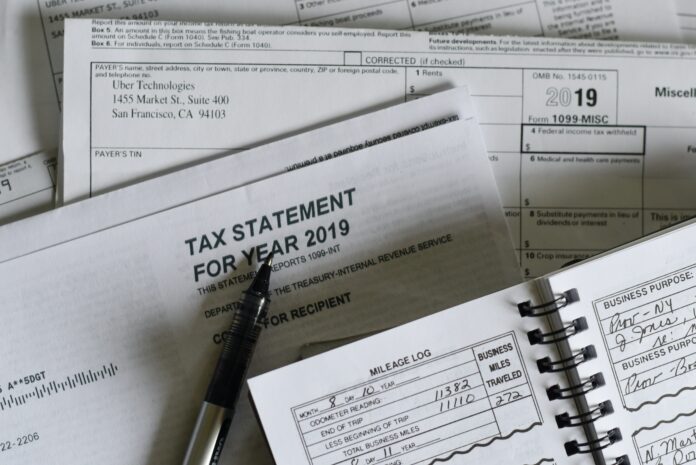Most people aren’t fully aware of how tax debt work. After watching all the movies, you might think any financial debt will instantly get you in jail. The reality is that IRS doesn’t necessarily want to incarcerate citizens. Instead, they usually offer IRS payment plans that allow you to settle the issue quickly and without a fuss.
Whatever the case, we advise that you resolve this problem as soon as possible. Even if you don’t go to jail, you still have to hassle with enormous interests that tend to pile up rather quickly. In this article, we’ll talk about 4 ways to settle your taxes with the IRS and the potential penalties you might face.
What happens if you don’t file your taxes?
When it comes to taxes, your main goal is to avoid failure to file a penalty. IRS employs this penalty when you don’t even file for taxes, which is considered a major infraction. In such situations, they charge 5% on the unpaid balance (4.5% for not filing plus 0.5% for late payment), a penalty rate that quickly increases to 25%.
So, even if you don’t have money to settle the debt, we suggest that you file for taxes whenever you’re due. If you file on time, IRS will probably offer you an agreement that allows a prolongation of the payment. While this won’t solve your financial problems, at least you won’t have to worry about your interests.
Besides not filing, you should also pay attention to underpaying and late payments. As previously mentioned, this infraction is penalized with a 0.5% rate, which can go up to 25%. Keep in mind that even if both penalties apply, your max penalty won’t go above 25%.
4 Ways to settle your debt
US citizens, but also foreigners that owe taxes to IRS, have several options at their disposal:
- Create an installment agreement
IRS offers various payment plans to people who owe money. They vary based on your balance and specific situation. The rule of thumb is that these contracts can help you out in the next 120 days, and they’re used for debts of below $50,000.
You can easily sign this agreement online, and if necessary, you might even hire a tax expert to help you get the best deal. The best thing about agreements is that they significantly reduce your penalties.
Instead of having to pay 5%, you’ll have to tackle a penalty of 0.5%, which is basically the penalty for not paying. Aside from the penalty, you’ll also have to pay interest on unpaid debt of 3% plus a short-term federal interest rate. But be warned; if you don’t pay on time, IRS can void the contract.
- Debt extension in case of hardship
As mentioned, IRS doesn’t have any problem prolonging your debt payment for up to 120 days (with minor interest). Hardship debt extension is somewhat similar, but you need to be in a bad financial situation to apply for this one.
The most important thing when applying is to correctly show your assets. IRS’s experts take into account everything you own, and based on their standards, they decide whether or not you apply for this kind of extension. Although you won’t have to pay penalties, you’ll still have an interest of 3% plus a short-term federal interest rate applied to the debt.
- Get a loan
Sometimes, you might be forced to get a loan to settle your debt with IRS. Ideally, you would borrow from friends and family, so you don’t have to think about the bank’s interests. In fact, getting money from a bank might even be more expensive than signing an agreement with IRS.
Nevertheless, there are situations where even bank debt makes sense, for example, if you don’t have any available money in the forthcoming period. Specifically, a financial institution might offer a loan with a grace period. That way, you can pay off your debt toward IRS immediately without penalties ramping up to 25%.
- Borrow from 401k
Some 401k plans allow you to borrow against them. Generally speaking, you can get up to $50,000 loan to use any way you want. Always remember that this type of loan has a 5-year repayment period.
Like regular debts, 401k loans might apply a fee and interest. Depending on the terms you can get, this type of financial aid can be incredibly cheap, especially when compared to IRS penalties. Still, it’s vital that you repay your debt toward 401k as it might otherwise affect your pension.


